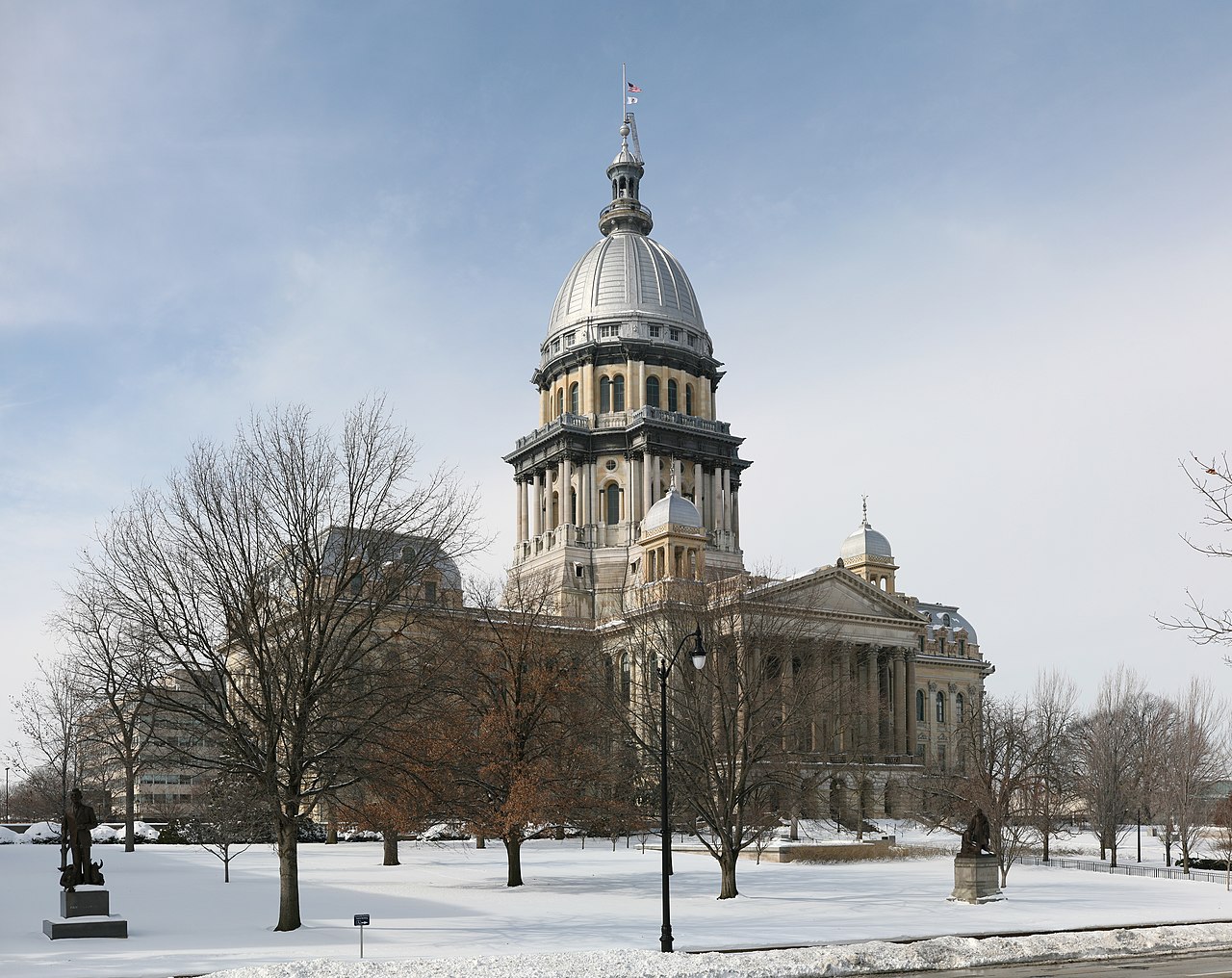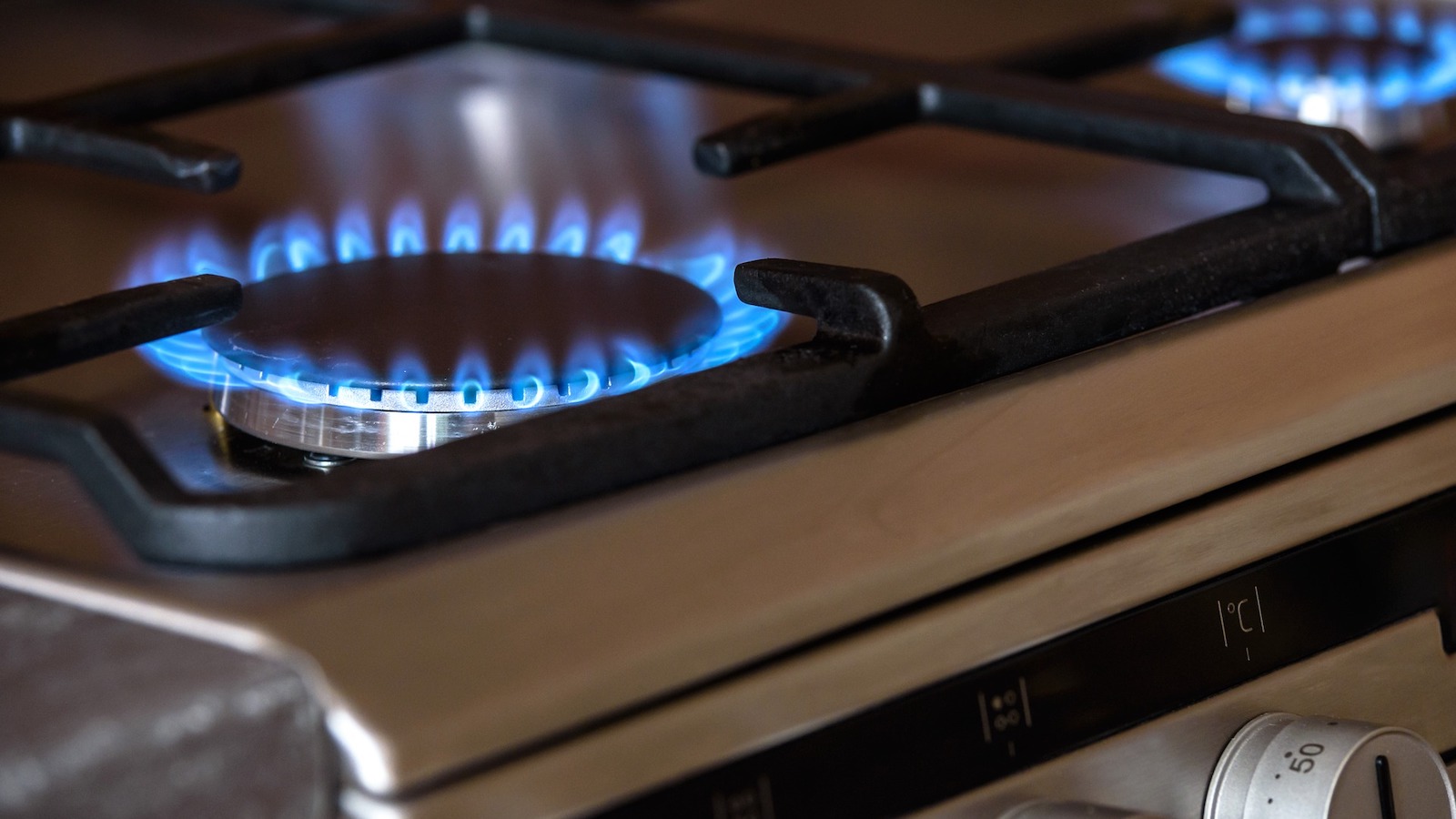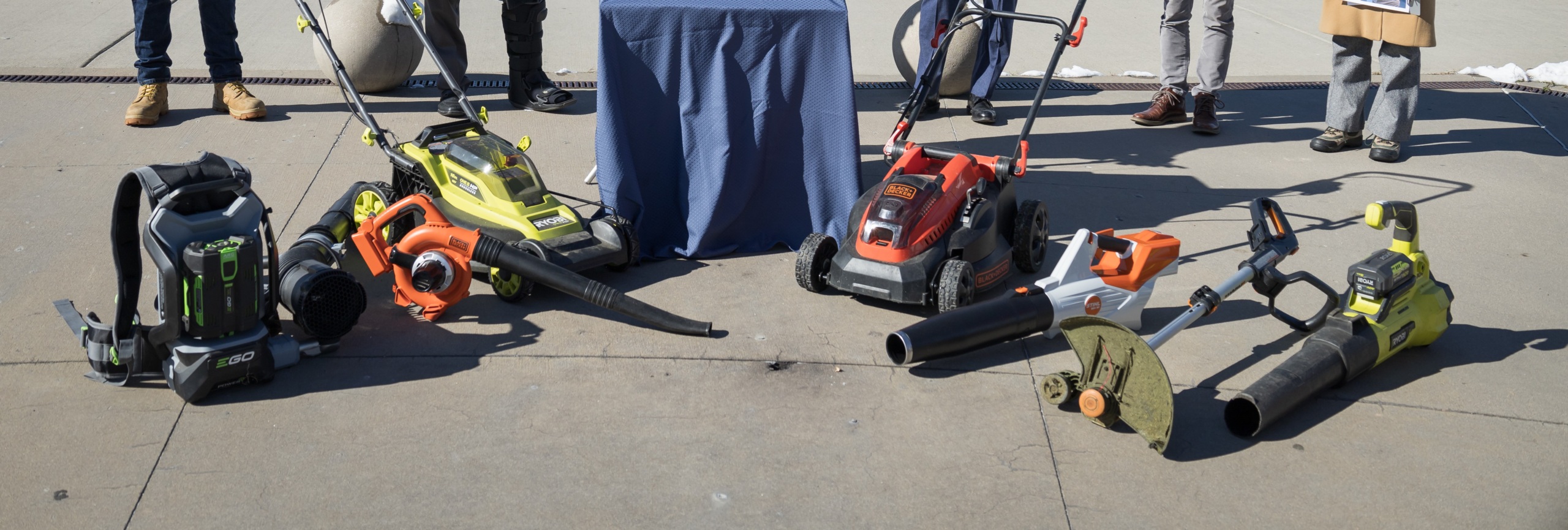
Cooking with gas? It’s not all it’s cracked up to be
FEB. 25, 2022: Gas stoves have been popular for decades, and millions of Americans rely on them for daily cooking. But they also cause indoor air pollution and are worse for the climate than previously thought. So what can we do?

An update from Matt Casale, director of PIRG’s Environment campaigns
FEB. 25, 2022
When I moved into a new house last year, one of the first things I did was replace the gas stove with an induction model. I have two young kids, and I don’t want to risk their health when making dinner.
A growing body of research shows that gas stoves cause indoor air pollution that would exceed health-based standards set by the Environmental Protection Agency for outdoor air quality. And when a gas stove is on, it only takes a few minutes of cooking to produce levels of indoor air pollution that cause serious health impacts, such as asthma, over the long term.
Gas stoves are worse for the climate than we previously thought, too. Just last week, a new study from Stanford found that gas stoves emit significant amounts of methane gas, much of which escapes when the stove is off. The researchers estimated that gas stoves across the United States emit methane equivalent to the annual emissions from 500,000 cars.
Gas stoves have been popular for decades, and millions of Americans rely on them for daily cooking. So what can we do?
In the long term, we need to replace gas stoves with cleaner, safer, more sustainable induction and electric options. And in the short term, we need to do the work to shift public opinion. Gas companies have spent years making the case that gas stoves are the best option for cooking, even paying social media influencers to promote cooking with gas, while downplaying the risks of gas stove pollution. We have our work cut out for ourselves if we want to shift the narrative.
We’re starting with the facts. In January, PIRG released “Gas Stoves: A Hidden Health Risk in Plain Sight” in an effort to gather the most relevant information in one place and make the case for why we need to take action.
If you have a gas stove, the most important thing you can do is make sure you have proper ventilation, and make sure the hood is running the entire time you have the stove on — not just if something starts to smell or burn. My colleagues in Colorado and Arizona have already started sharing information with local media to help protect their communities.
And in the coming months, my team will be scaling up our work to protect American families from indoor air pollution caused by gas stoves.
Topics
Find Out More


Lawn care goes electric

How fast is solar energy growing?

